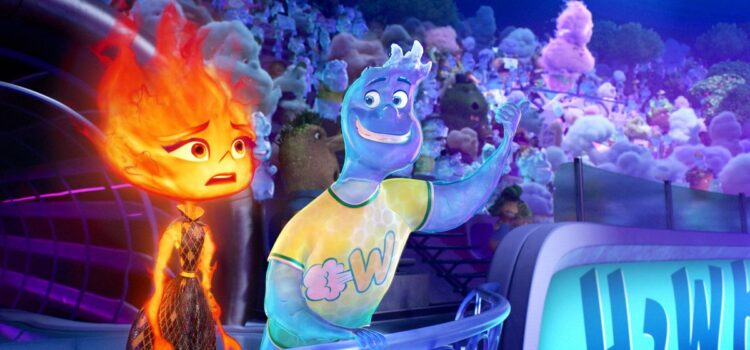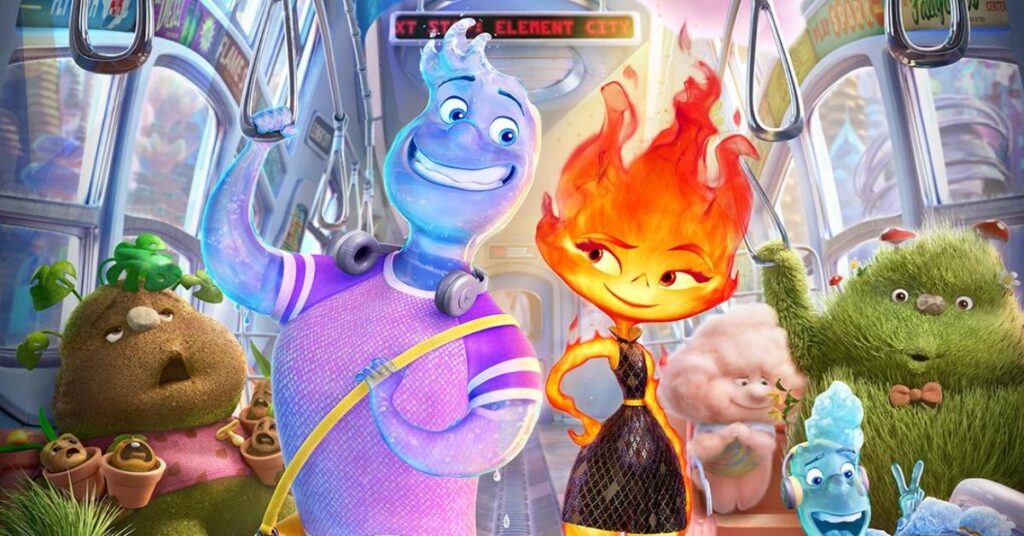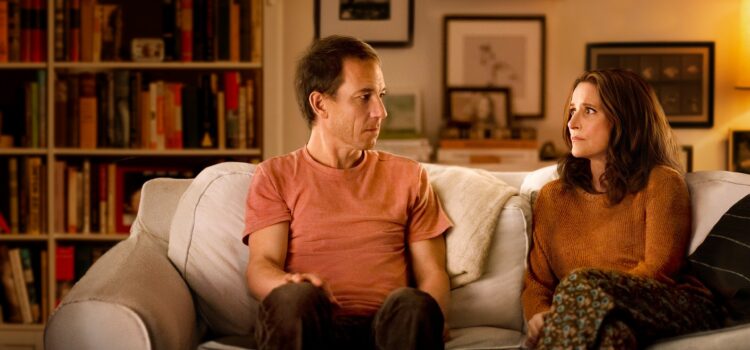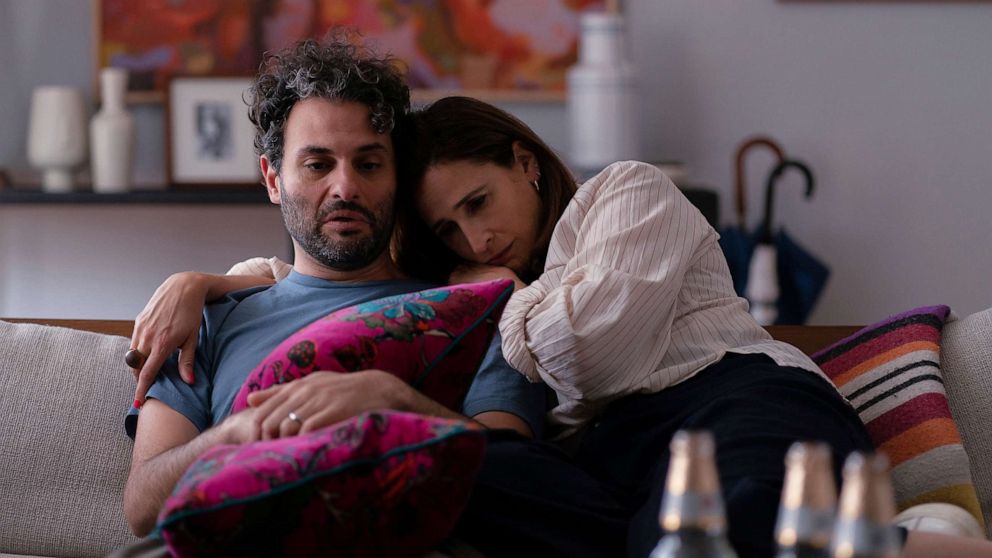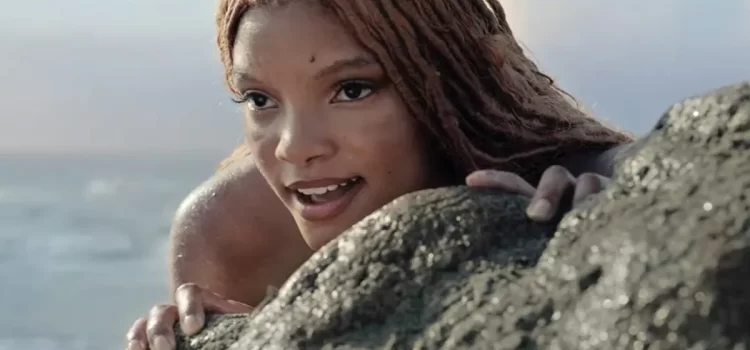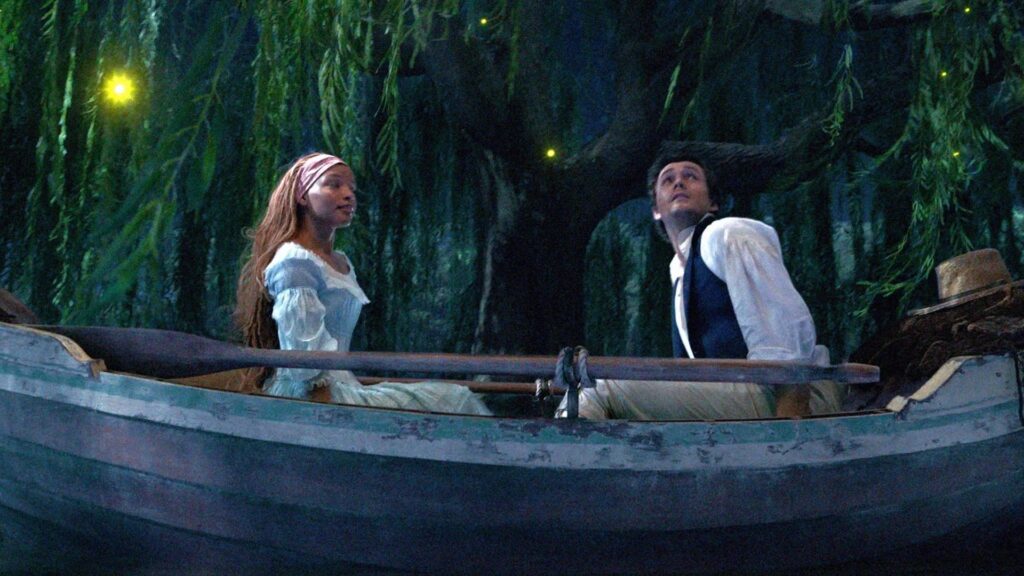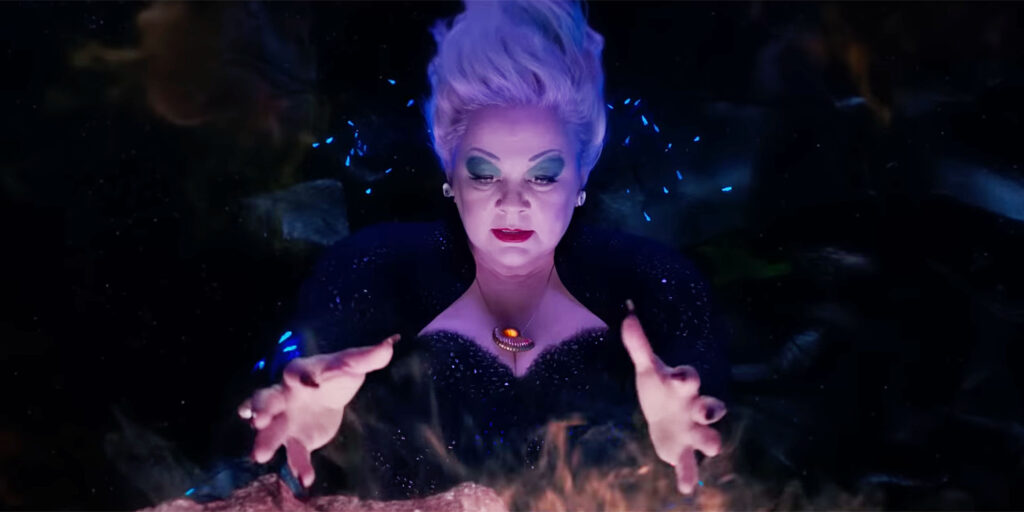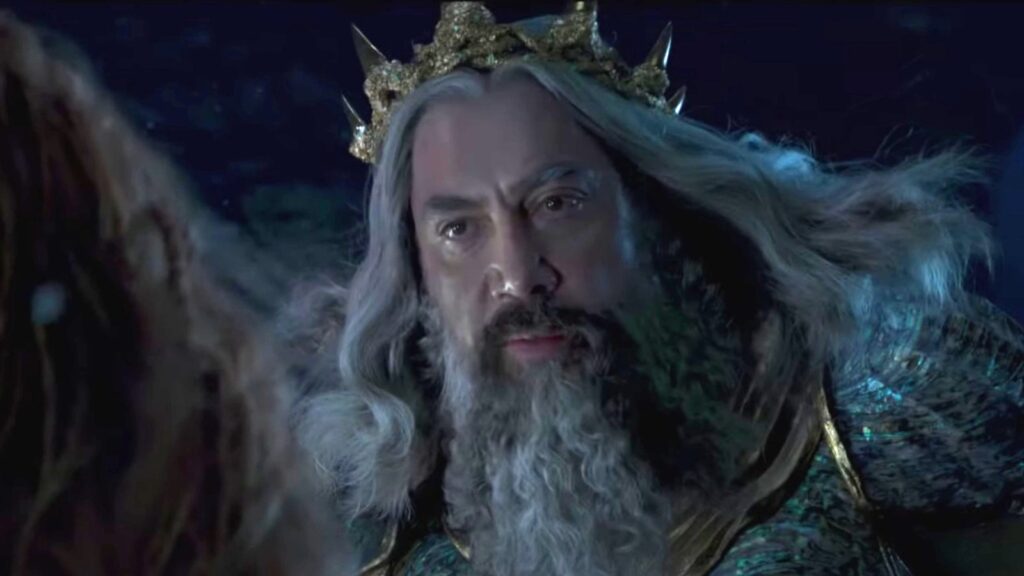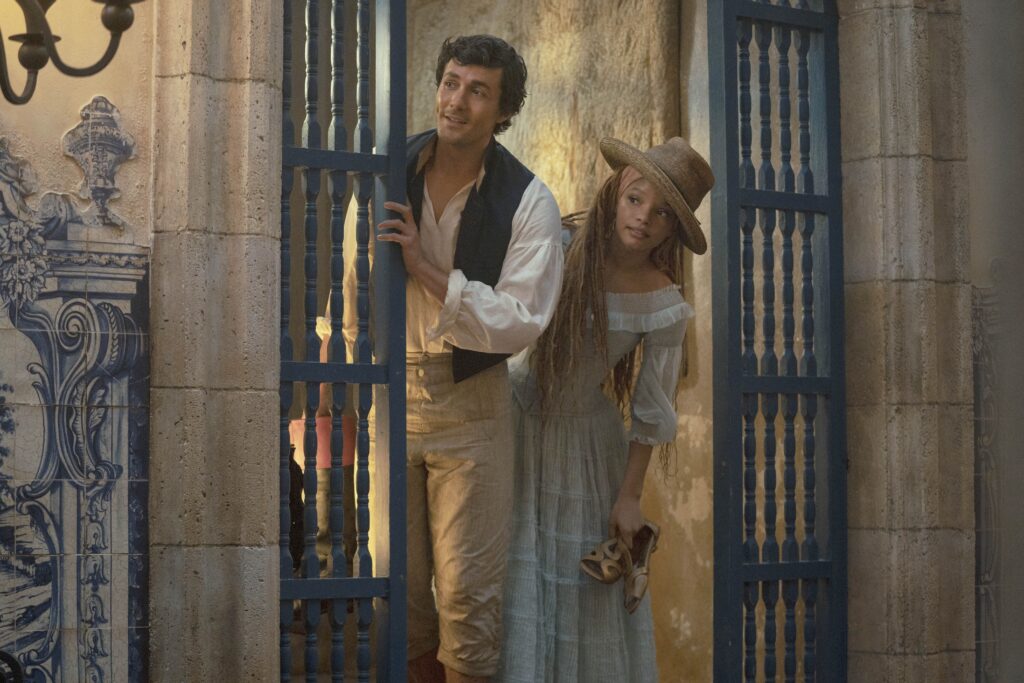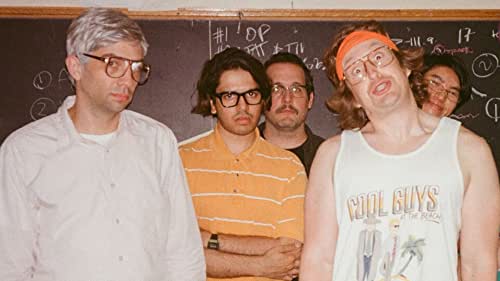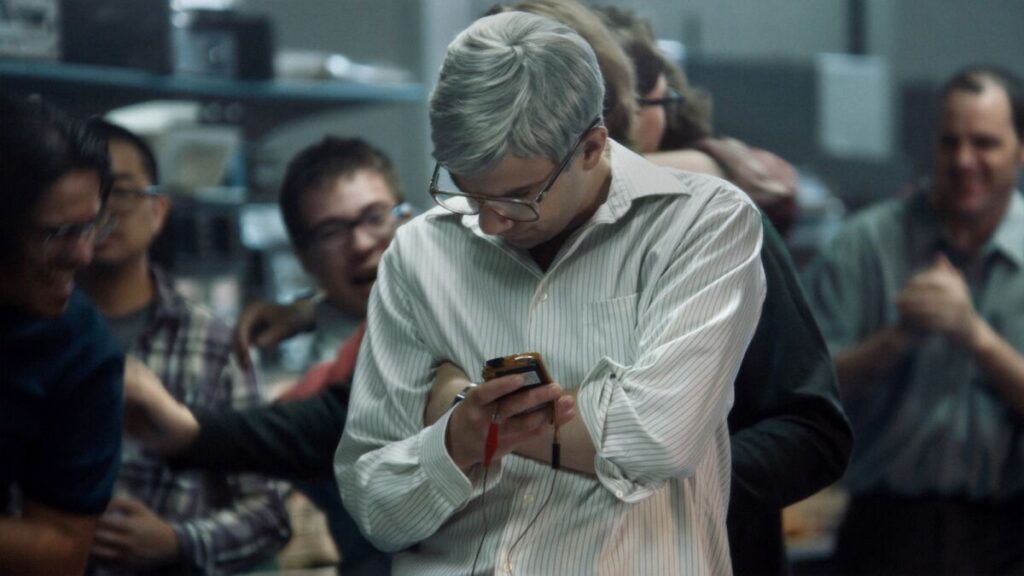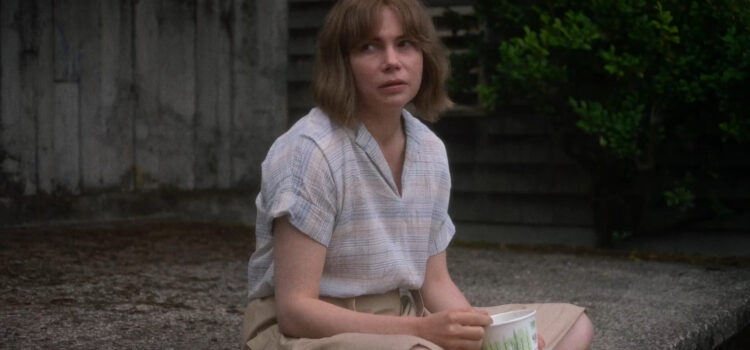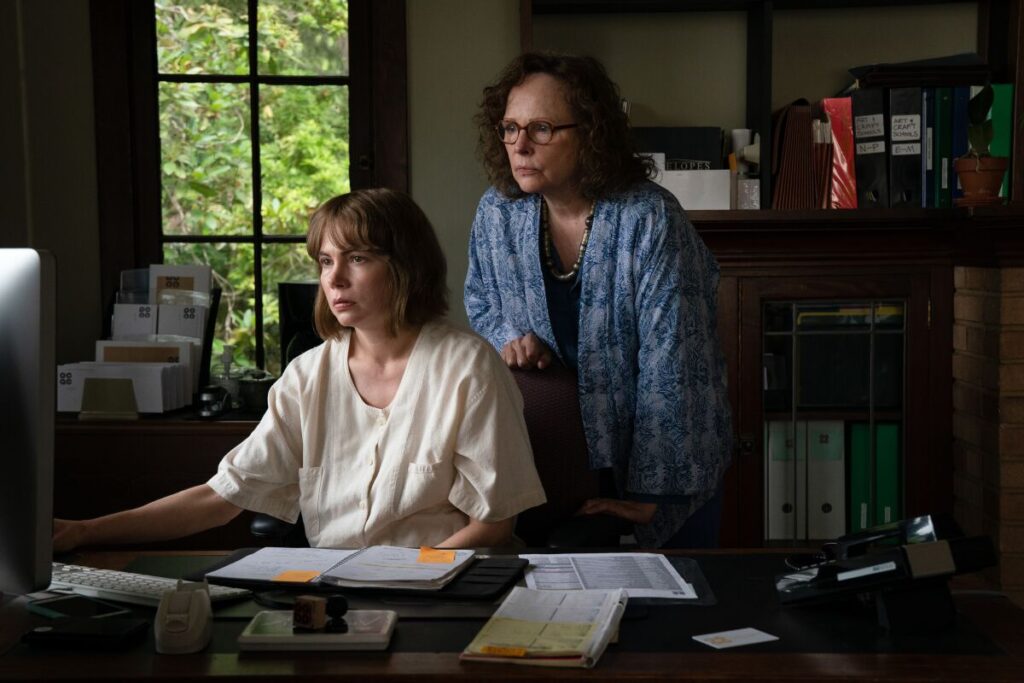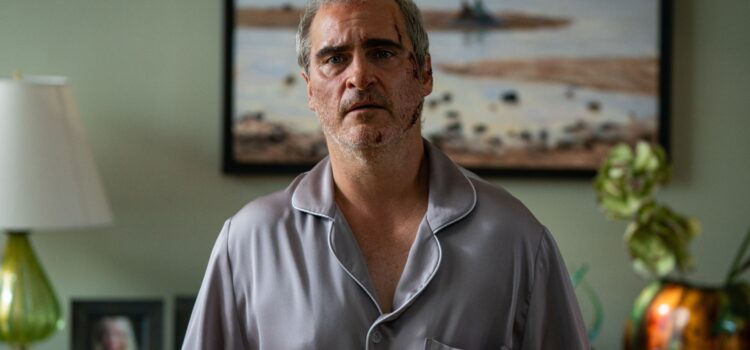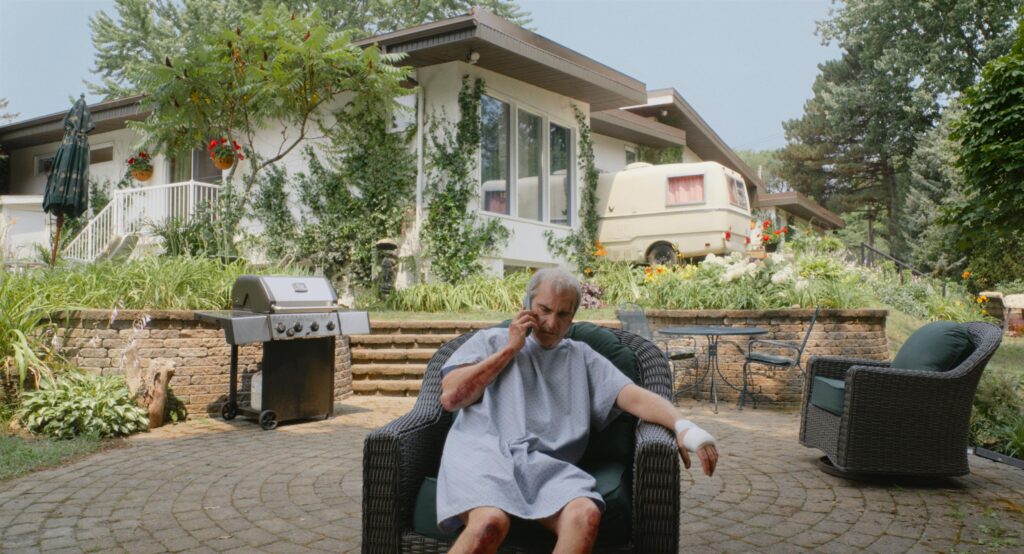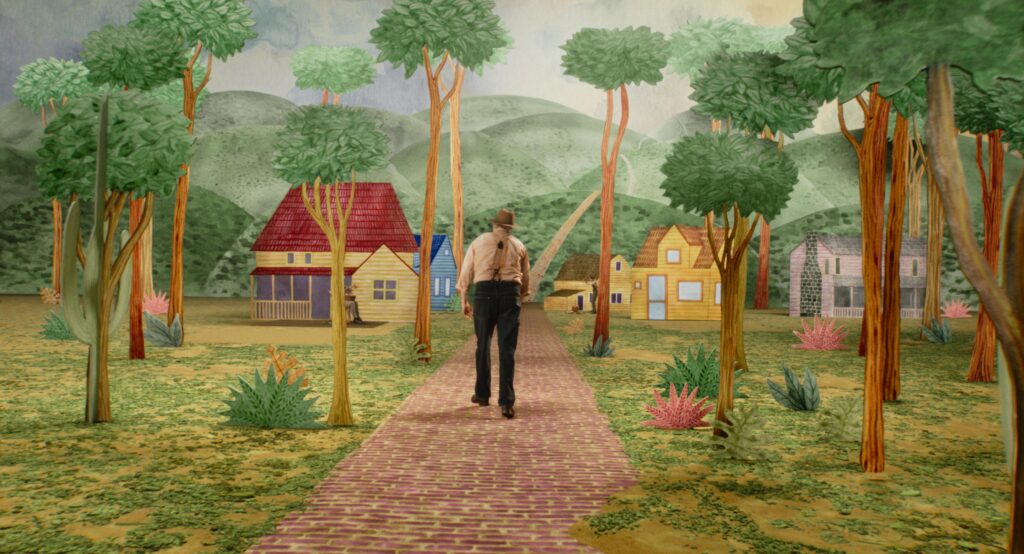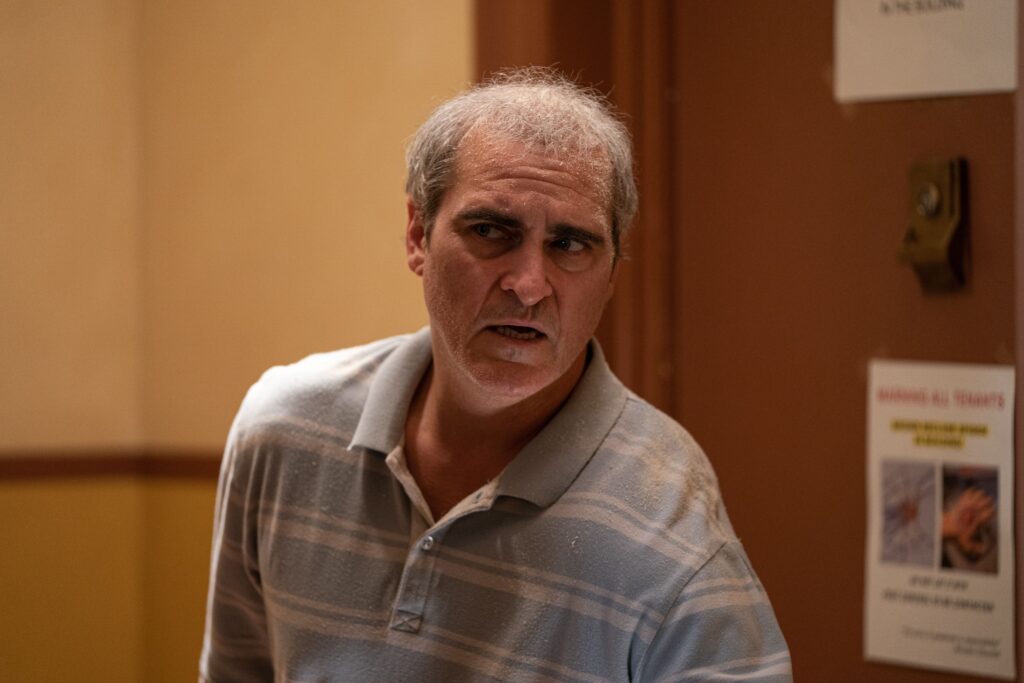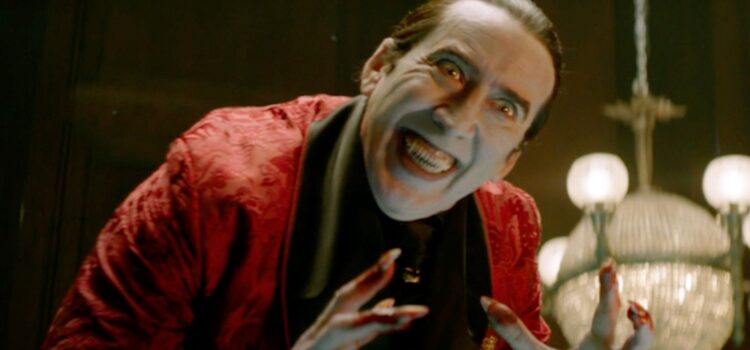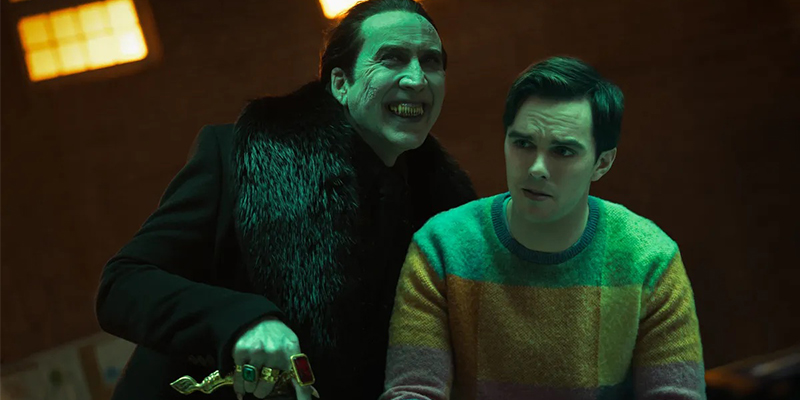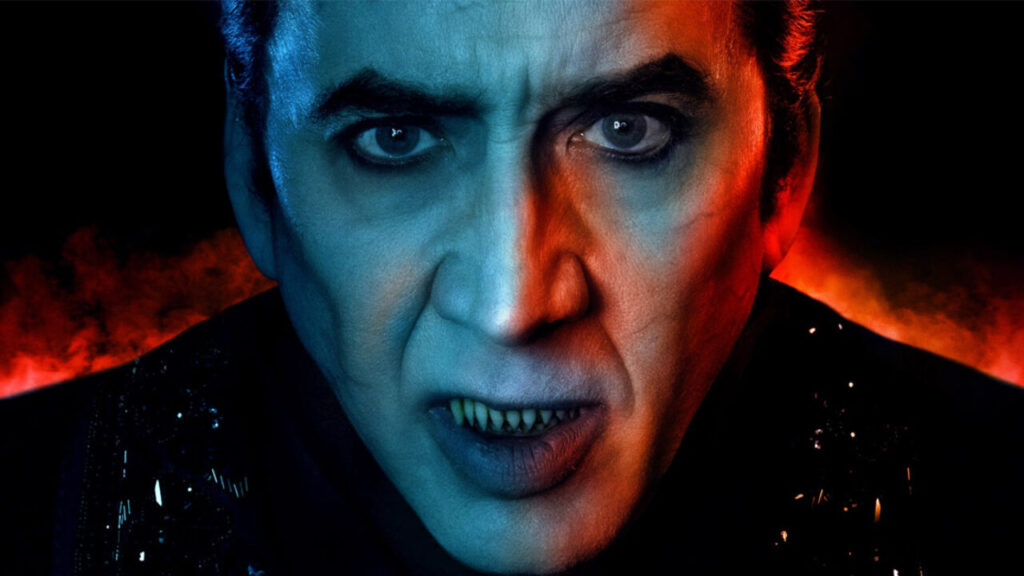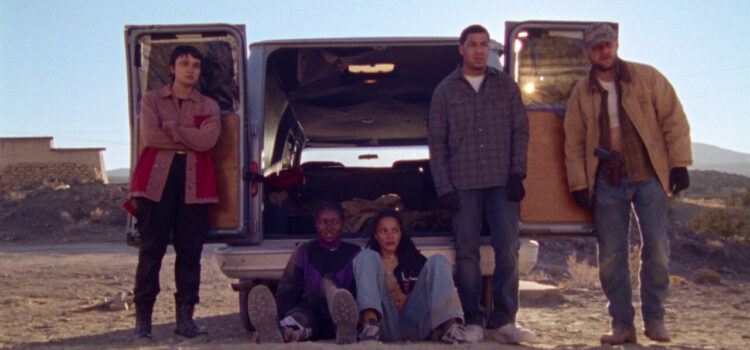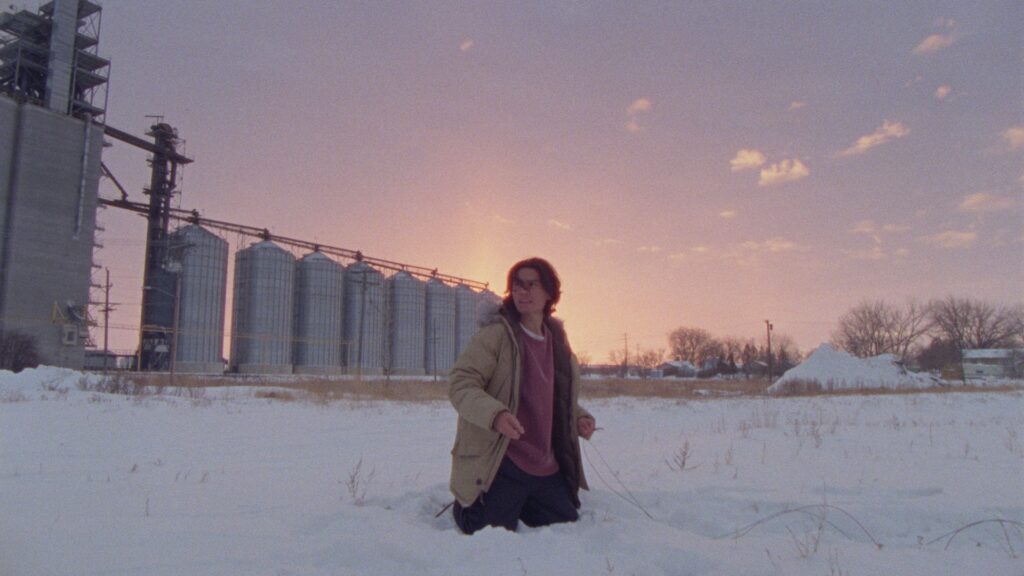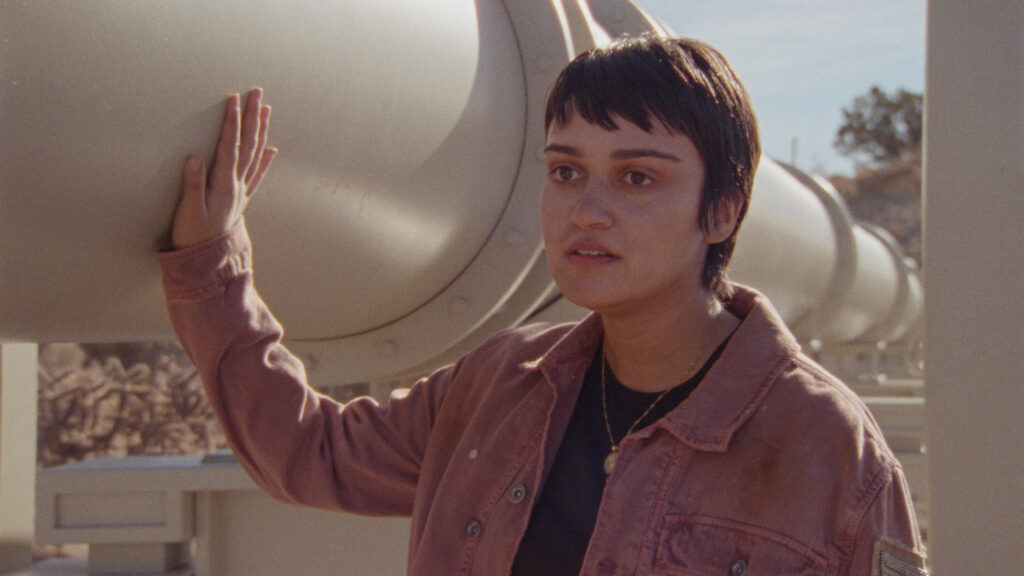By Alex McPherson
A dramatically rich, sensitively told love story with an astounding trio of central performances, director Celine Song’s “Past Lives” is a near-flawless achievement — a small-scale film that packs an emotional wallop in its exploration of universal themes.
Song’s film begins with a slow zoom on three characters sitting at a bar, Nora (Greta Lee), Hae Sung (Teo Yoo), and Arthur (John Magaro), as a person from across the room speculates on their connections to each other. We jump back in time to when Nora (Moon Seung-ah), then going by Na Young, and Hae Sung (Leem Seung-min) were 12-year-old best friends living in Seoul, South Korea. They’re competitive, affectionate, and seemingly inseparable, until Na Young’s parents decide to immigrate to Canada, rendering Hae Sung confused and heartbroken as his companion leaves him behind.
Flash forward 12 years later, and Na Young (Lee), having changed her name to Nora, now lives in Toronto as an aspiring playwright, brimming with kindness and joie de vivre that lights up any room she’s in. Hae Sung (Yoo) — who finished his mandatory military service and is in engineering school — never forgot about her, and does some Facebook sleuthing to get in contact. Once he and Nora start chatting on Skype, their bond is rekindled, if only briefly, as Nora eventually decides they should stop talking because of the literal and figurative distance between them.
Twelve years down the road from that, Nora lives in New York City with her non-Korean husband Arthur (John Magaro), a fellow writer she met on a writer’s retreat. Hae Sung, having experienced personal and professional disappointments and still thinking about Nora, decides to visit her in NYC, setting the stage for a heartfelt reunion with plenty of discomfort for the concerned-yet-level-headed Arthur to contend with.
Nora and Hae Sung spend time together, having deceptively low-key conversations as they visit famous landmarks, each reflecting on past what-ifs and how their bond continues today, grappling with the sacrifices they’ve made personally and culturally along life’s winding path.
With a delicate, understated approach that never talks down to viewers nor mines the material to over-the-top ends, “Past Lives” transcends this familiar love-triangle setup to speak to truths both personal and all-inclusive. Song, in her feature film debut, takes a tenderly elegiac approach to this semi-autobiographical narrative that allows the ensemble — Lee, especially — to stretch their wings, and treats its relatably flawed characters with respect as they navigate situations with no easy answers.

The film’s finely calibrated elegance is largely the result of Lee, Yoo, and Magaro working at the absolute peak of their craft. Lee, in particular, lends a subtly raw emotional power to Nora’s inner conflicts; content in her new life and unmoored by the arrival of her childhood sweetheart, who represents not only a possible romantic interest but one of her primary connections to her former life in Korea.
Lee communicates multitudes through glances, pauses, and body language, sometimes veering from happiness to sober realization in the span of a few seconds — conveying Nora’s tangled emotions in a manner far more engaging than traditional dialogue ever could. We see her confidence, warmth, and friendliness, along with her aching for a relationship and cultural identity she’s had to sideline to pursue her ambitions.
Thanks to Lee’s talent as a performer, we can follow Nora’s emotions based primarily on her mannerisms and facial expressions — Lee gives one of the single best performances of the year so far. It’s easy to understand why so many characters in the film gravitate towards her; Lee exudes an authenticity that’s a perfect fit, as we gradually see Nora becoming more vulnerable and honest with herself and those close to her, releasing her turbulent emotions in an organic way without resorting to melodrama.
Yoo is incredible, lending real pathos to Hae Sung’s heartache and yearning, especially in scenes of him interacting with Nora face-to-face, exchanging brief smiles and pangs of regret that illuminate the push-pull between his heart and reality. Magaro, as always, plays Arthur with a gentleness and sly humor that makes him easy to empathize with; there are no villains in “Past Lives,” and Arthur’s just another human being caught in an odd circumstance.
The screenplay, by Song, finds humor and earnestness without launching into schmaltz or over-explanation. Much of the drama is based in the Buddhist-derived concept of inyun, which involves the idea of interactions signaling relationships in past lives and of destiny, which Hae Sung follows, perhaps misguidedly, in his continued longing for Nora.
While it’s true that Nora and Hae Sung spell out this concept more than once, “Past Lives” doesn’t overdo it, using it as a way for the characters to discuss the past, present, and future while coming to grips with the decisions they’ve made. Indeed, “Past Lives” is ultimately a poetic meditation on Nora and Hae Sung’s bittersweet acceptance of the present, something we can all relate to as we look back at choices made and opportunities missed in our own lives.
From a directing standpoint, “Past Lives” also excels. Song displays an incredible attention to detail — weaving together a tapestry of yearning, uncertainty, joy, and sorrow that spans decades without becoming unwieldy. The film’s slower pacing lets scenes breathe and provides ample time to establish the emotional backbone of Nora and Hae Sung’s bond, from playing in the park, to battling unstable Skype connections, to meeting in-person at last in adulthood, with all the awkwardness that ensues.
Song finds visual parallels and motifs across the story’s decades-long scope, including one particularly powerful image of Nora and Hae Sung as children on separate ends of a staircase breaking off in two directions. Song knows when to quietly pull the rug out from under us, flashing those memories back, both for viewers and the characters in pivotal sequences. Shabier Kirchner’s lived-in cinematography helps ground the story even more, as well as finding occasional wry comedy, like one particularly uncomfortable albeit meaningful restaurant visit with Nora, Hae Sung, and Arthur all together.
Through Song’s direction and Kirchner’s lens, highlighting the minutiae of the characters’ expressions just as much as their surroundings, we see the joy, beauty, loneliness, and melancholia at play for Nora, Hae Sung, and Arthur. The last shot, too, a long-take that’s deeply poignant and cathartic, continues to linger in my mind.
By the end, there’s not a single issue in “Past Lives” that stands out. Song’s debut is astounding, making the most of the film medium to tell a story that everyone can connect to and maybe fall in love with.
“Past Lives” is a 2023 romantic drama written and directed by Celine Song, in both English and Korean, starring Greta Lee, Teo Yoo and John Magaro. It is rated PG-13 for some strong language and runtime is 1 hour, 45 minutes. It opened in theaters June 23. Alex’s Grade: A+

Alex McPherson is an unabashed pop culture nerd and a member of the St. Louis Film Critics Association.


